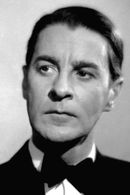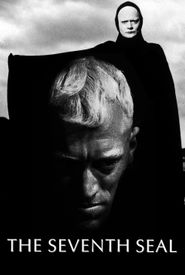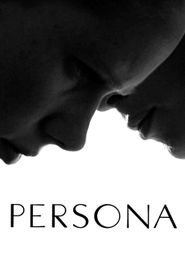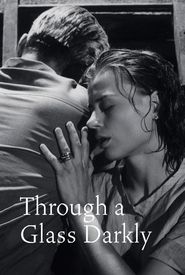Oscar Johanson, the son of an acting father, Oscar Johanson, was destined to follow in his father's footsteps. From a young age, he was fascinated by the world of acting and began his journey in the industry by working as a baker's apprentice, in a barber shop, and even on the docks. After being conscripted, he finally got his big break with a small role at the Lilla Teatern in Stockholm, where he honed his craft by taking acting lessons.
One of his early notable roles was opposite the renowned Swedish actor Gösta Ekman, one of the best in the business at the time. In the autumn of 1933, he enrolled in the prestigious Royal Dramatic Theater's acting school, alongside the talented Ingrid Bergman, Signe Hasso, and his future wife, Lillie Björnstrand. Upon graduation, they secured jobs at the Swedish Theater in Vasa, Finland, where they spent two years perfecting their craft.
Following their return to Sweden, they faced a period of extreme poverty, with only small-time stage acting gigs and occasional bit parts in films to their name. However, in 1943, he made his breakthrough with the film "Night in the Harbor," marking the beginning of a long and successful career.
During World War II, he collaborated with the renowned director Ingmar Bergman on the stage production of August Strindberg's play "Spöksonaten." He continued to appear in light comedies until he gained international recognition with Bergman's films "Sawdust and Tinsel" (1953),"A Lesson in Love" (1954),and "Smiles of a Summer Night" (1955). Over the years, he became a close friend and frequent collaborator with Bergman.
The 1960s proved to be a less successful period for Johanson, and when his contract with Svensk Filmindustri (SF) expired, it was not renewed. Instead, he turned to TV theater, Swedish theater, and Italian films, which he continued to work on until his passing. Some of his notable films include "Kristin kommenderar" (1946),"Soldat Bom" (1948),and "Secrets of Women" (1952).











































